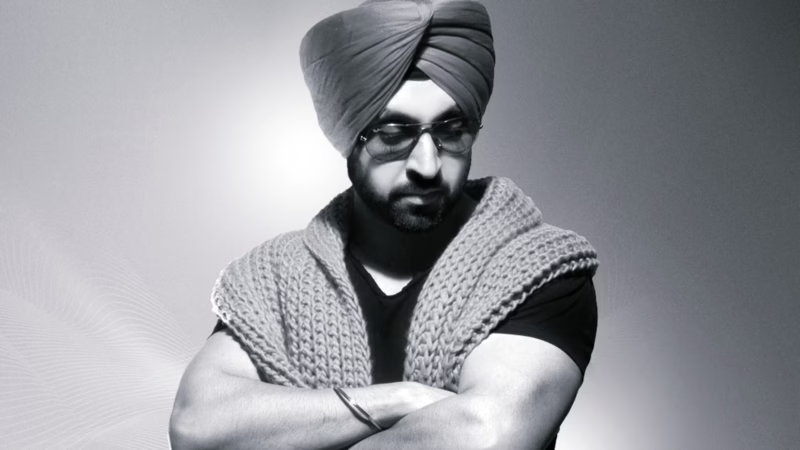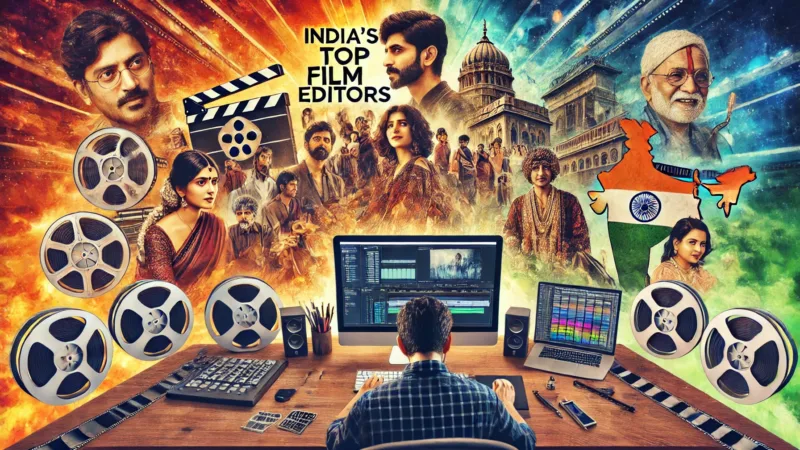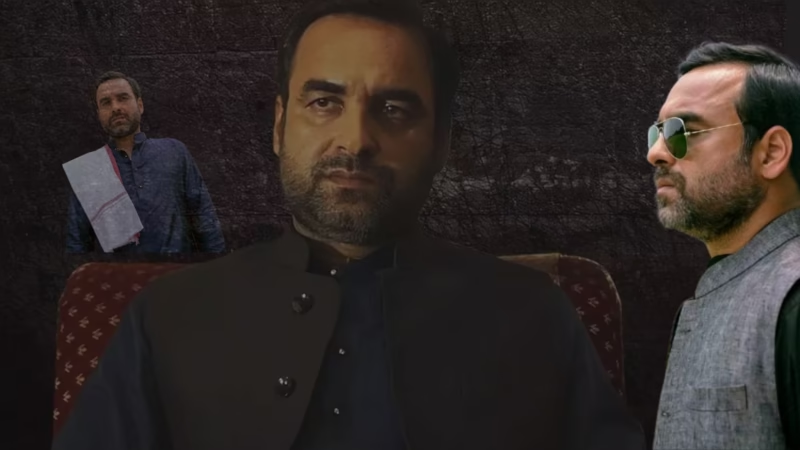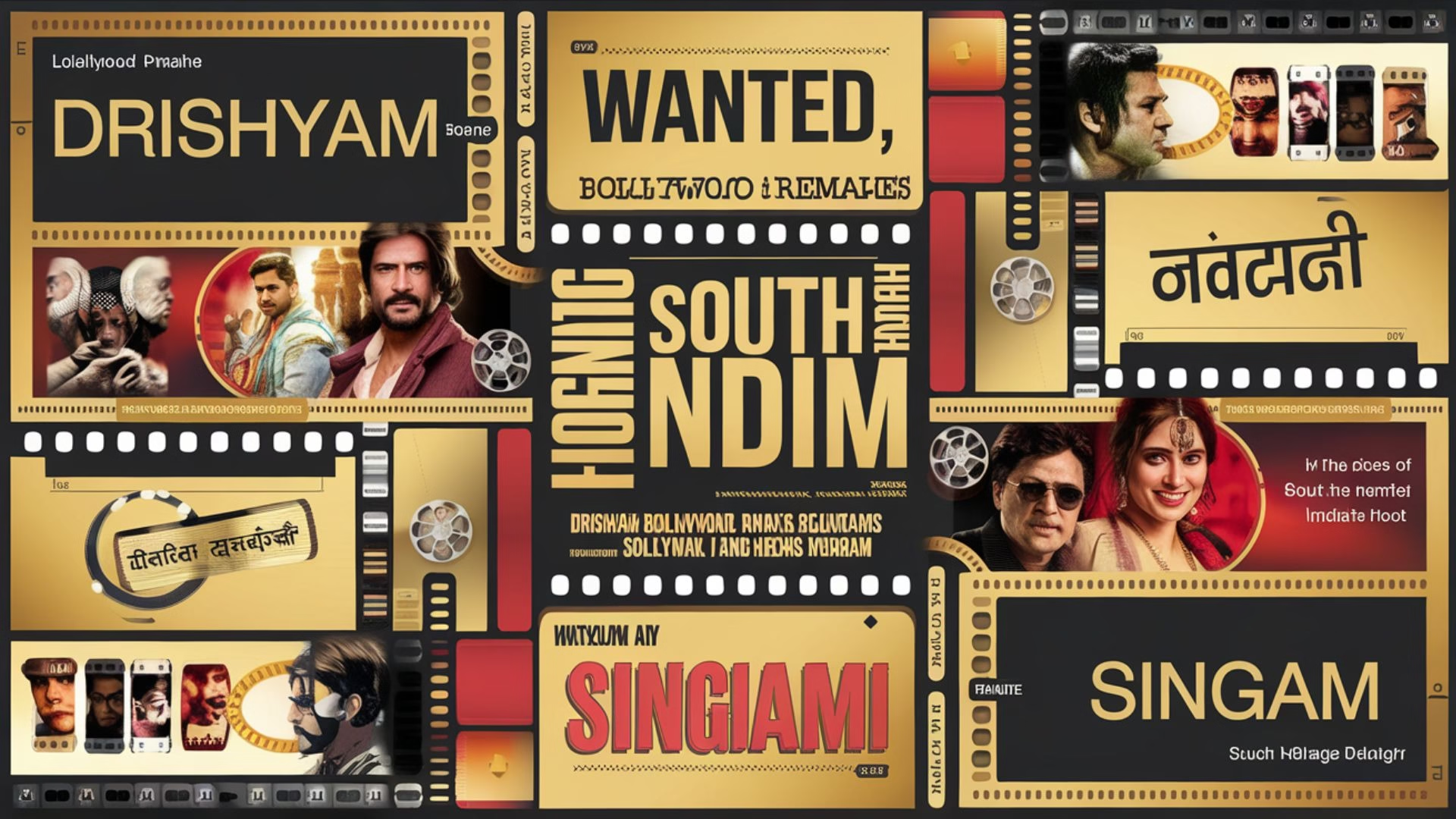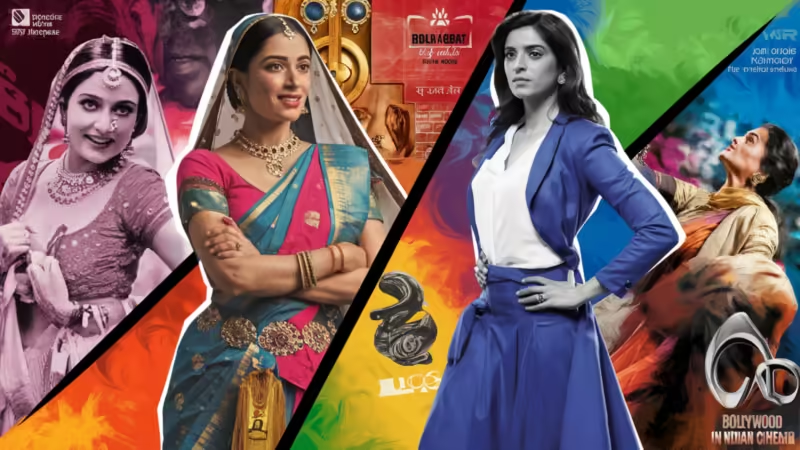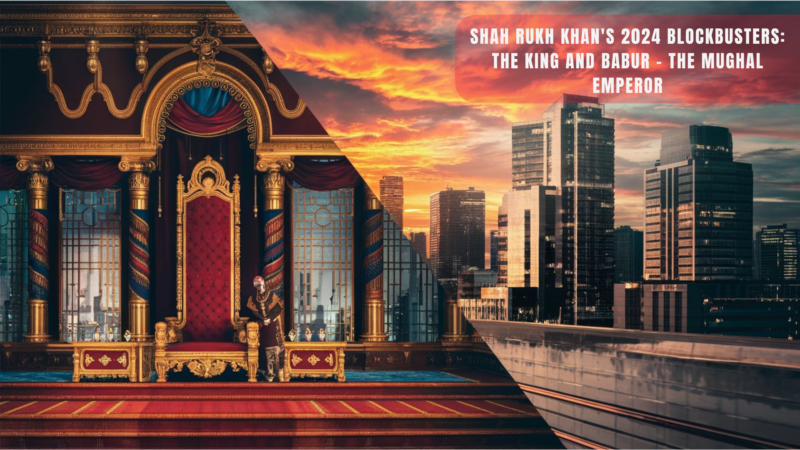Bollywood is India’s biggest film industry, known for its glitz, glamour, and drama. However, it often looks to South Indian cinema for inspiration. Many blockbuster Bollywood movies are remakes of South Indian hits. These remakes aim to bring regional stories to a wider audience. But is this trend good for cinema? Let’s explore.
Why Bollywood Loves South Indian Films
South Indian movies have unique storytelling styles and fresh ideas. Here’s why Bollywood keeps turning to them for inspiration:
- Fresh Ideas
South Indian films often experiment with bold and creative stories. They stand out because of their originality and cultural depth. - Proven Success
A movie that works in the South is likely to succeed in Bollywood too. Remakes reduce the risk of failure. - Reaching New Audiences
India has many languages. Not everyone understands Tamil, Telugu, Kannada, or Malayalam. Hindi remakes help regional stories reach more people. - Adding Bollywood Style
Bollywood loves adding extra songs, glamour, and drama. Remakes often include these elements to appeal to Bollywood fans.
Famous Bollywood Remakes of South Indian Films
Bollywood has adapted many South Indian films, with some becoming iconic hits. Here are a few examples:
- Wanted (2009)
This Salman Khan-starrer was a remake of the Telugu movie Pokiri (2006). It revived Salman’s career and became a blockbuster. - Ghajini (2008)
A remake of the Tamil movie Ghajini (2005), it introduced Bollywood to the psychological thriller genre. It was a massive success. - Drishyam (2015)
Based on the Malayalam hit Drishyam (2013), this suspenseful drama starring Ajay Devgn won hearts with its gripping story. - Kabir Singh (2019)
A Hindi version of the Telugu film Arjun Reddy (2017), this movie stirred debates but became a commercial hit.
The Good Side of Bollywood Remakes
There are several benefits to remaking South Indian films:
- More Good Stories
Remakes bring exceptional regional stories to a wider audience. People who might not watch Tamil or Telugu films get to enjoy them. - Encouraging Collaboration
Remakes build a bridge between Bollywood and South Indian cinema, encouraging cultural exchange and creative partnerships. - Inspiring New Ideas
Bollywood filmmakers can draw inspiration from South Indian cinema and create their unique versions of the stories. - Boosting Regional Recognition
When a Bollywood remake becomes a hit, it draws attention to the original film and its creators.
The Bad Side of Bollywood Remakes
While remakes have their positives, there are also drawbacks:
- Lack of Originality
Bollywood often faces criticism for relying on remakes instead of creating new, original stories. - Losing the Essence
Some remakes fail to capture the cultural charm and emotional depth of the original films. - Unfair Comparisons
Fans of the original movies often compare remakes unfavorably, leading to mixed reactions. - Risk of Overexposure
With too many remakes, Bollywood risks saturating the market with repetitive content.
What Makes a Good Remake?
Not all remakes are equal. Here’s what separates a great remake from an average one:
- Respect the Original
A good remake retains the heart and soul of the original story while adapting it to a new audience. - Add Something New
Instead of copying frame-by-frame, a good remake brings fresh perspectives or Bollywood-style elements to the story. - Thoughtful Casting
The actors chosen for the remake should fit their roles and do justice to the original characters. - Balanced Direction
The director must understand the essence of both the original and the new audience’s expectations.
Challenges in Making Remakes
Creating a remake isn’t easy. Filmmakers face several hurdles:
- Cultural Differences
South Indian films often reflect their regional culture. Translating this for a Bollywood audience can be tricky. - High Expectations
Fans of the original movie have high standards, making it challenging for remakes to satisfy everyone. - Maintaining Balance
Filmmakers need to retain the original story’s authenticity while adding Bollywood’s unique touch.
Successful vs. Unsuccessful Remakes
Not all remakes are hits. Here’s why some succeed while others fail:
- Successful Remakes
Films like Wanted and Drishyam respected the original and adapted well to Bollywood audiences. - Unsuccessful Remakes
Movies like Laxmii (a remake of Kanchana) fell short because they lacked the charm and authenticity of the original.
The Future of Bollywood Remakes
Bollywood is unlikely to stop making remakes anytime soon. However, the industry needs to evolve:
- Collaborations
Instead of remaking films, Bollywood could collaborate with South Indian filmmakers to create bilingual projects. - Original Ideas
While remakes are popular, Bollywood must also focus on creating fresh and unique stories. - Respecting Regional Cinema
Bollywood should highlight the original films, giving credit where it’s due and encouraging audiences to explore them.
Conclusion
Bollywood remakes of South Indian films have both advantages and drawbacks. They bring great stories to a broader audience but sometimes lack originality. The key to successful remakes lies in respecting the original, adding creative value, and understanding the audience.
What’s your take on Bollywood remakes? Do you enjoy them, or do you prefer original films? Share your thoughts!
Want to Know More?
Explore more about Bollywood trends, film insights, and storytelling at FilmsnMinds.
Additional Resources
- IMDb – For a list of Bollywood remakes and their originals.
- Film Companion – Industry analysis on remakes and cultural impact.
- Netflix India – To watch original South Indian films and their Bollywood adaptations.

